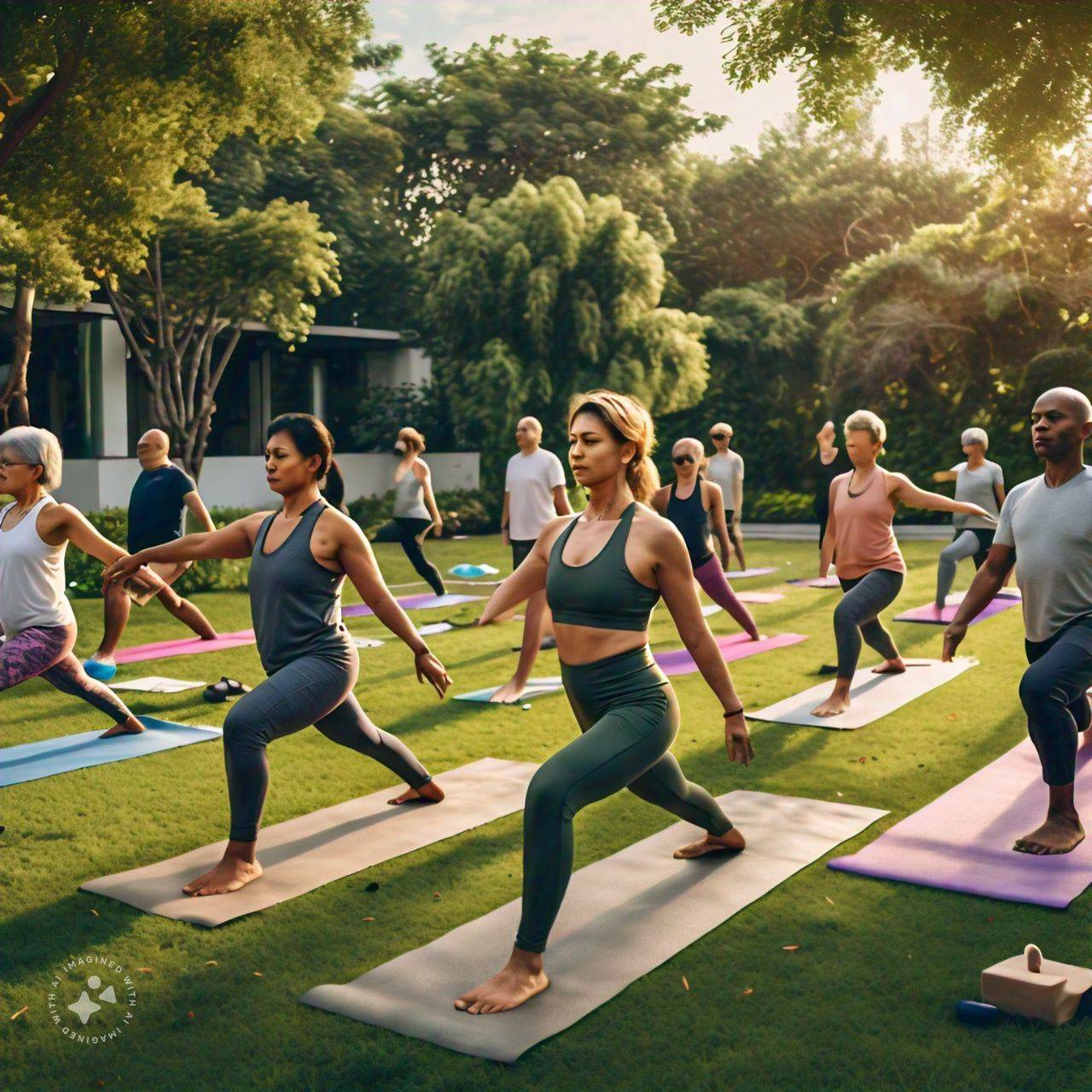Yoga is more than just a series of stretches; it’s a holistic practice that nurtures both the mind and body. Whether you’re seeking stress relief, improved flexibility, or a deeper connection with yourself, yoga offers a wide range of benefits. Here’s a closer look at how yoga enhances mental and physical well-being.
1. Improves Flexibility and Balance
Yoga poses, or asanas, stretch and strengthen muscles, improving flexibility and balance over time. These benefits help prevent injuries and enhance physical performance.
Popular Poses for Flexibility:
Downward Dog
Warrior Pose
Child’s Pose
2. Builds Strength
Yoga isn’t just about stretching; it also builds strength. Poses like Plank, Chair Pose, and Warrior II target various muscle groups, helping you tone your body while supporting joint health.
3. Reduces Stress and Anxiety
One of the most celebrated benefits of yoga is its ability to reduce stress. The combination of deep breathing, mindfulness, and movement activates the parasympathetic nervous system, lowering cortisol levels and promoting relaxation.
Effective Techniques:
Deep Breathing (Pranayama)
Meditation
Restorative Yoga
4. Enhances Mental Clarity
Yoga improves focus and mental clarity by teaching you to be present in the moment. Regular practice can enhance memory, decision-making, and creativity.
5. Boosts Heart Health
Certain forms of yoga, such as Vinyasa and Power Yoga, increase your heart rate, improving circulation and cardiovascular health. Yoga also lowers blood pressure and reduces inflammation, both of which contribute to a healthy heart.
6. Supports Better Sleep
Yoga can improve sleep quality by calming the mind and relaxing the body. Gentle stretches and deep breathing before bedtime help prepare your body for restful sleep.
Recommended Poses for Sleep:
Legs-Up-The-Wall Pose
Reclining Butterfly Pose
Child’s Pose
7. Promotes Emotional Well-Being
Yoga encourages self-awareness and self-acceptance, fostering a positive mindset. The mindfulness practices integrated into yoga help reduce feelings of depression and cultivate gratitude.
Tips for Beginners
1. Start Slow: Begin with basic poses and short sessions to avoid overwhelm.
2. Focus on Breathing: Your breath is a powerful tool; use it to guide your movements.
3. Be Consistent: Practice yoga 2–3 times a week to experience its full benefits.
4. Use Online Resources: Explore beginner-friendly videos or join a class to learn proper techniques.
Yoga is a transformative practice that improves both mental and physical health. From reducing stress and boosting flexibility to enhancing emotional well-being, it offers benefits that extend beyond the mat. Whether you’re a beginner or an experienced yogi, incorporating yoga into your routine can help you live a healthier, more balanced life.




No comments yet
Be the first to share your thoughts!